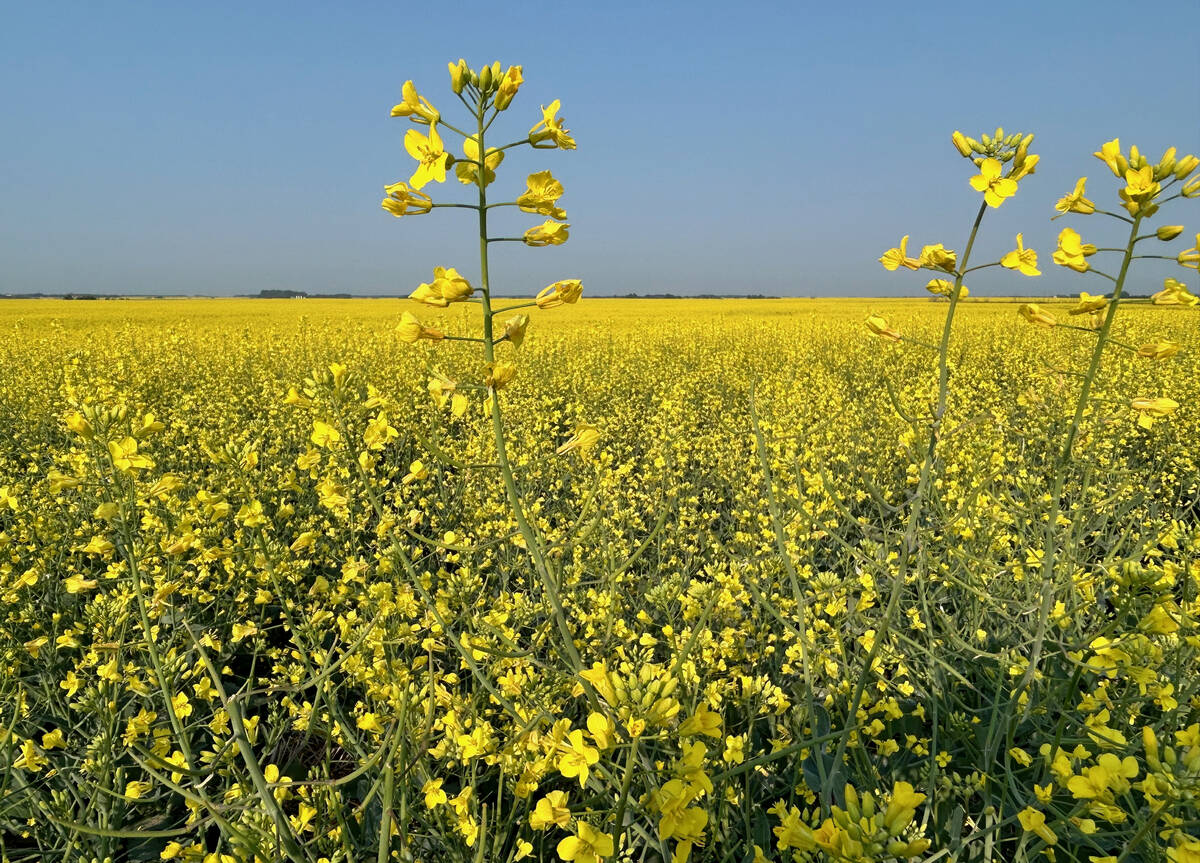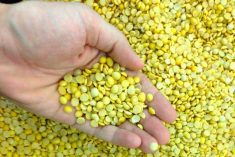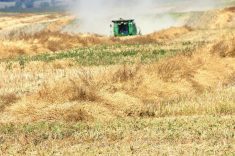Truckers and others who are still allowed to cross into Canada on essential business are exempt from a new two-week self-isolation rule for people arriving in the country.
Health Minister Patty Hajdu on Wednesday announced an emergency order under the federal Quarantine Act, requiring anyone who’s entering Canada by land, air or sea to self-isolate for 14 days, regardless of whether they show symptoms of COVID-19.
The mandatory self-isolation rule took effect at midnight Thursday.
Nearly everyone who’s exempt from the March 21 ban on all non-essential entry is subject to the new mandatory self-isolation order — except for “certain persons who cross the border regularly to ensure the continued flow of goods and services, and those who provide essential services” such as truckers, medical workers and firefighters.
Read Also

Farmers expected to boost canola area beyond Statistics Canada intentions report
Canadian farmers might plant more canola acres than the 21.8 million that Statistics Canada reported in its seeding intentions report released on Thursday morning, analysts told Reuters.
Those exempt from self-isolation, however, will “still need to practice social distancing and self-monitoring and contact their local public health authority if they feel sick,” the Public Health Agency of Canada said in a release.
They’ll also have to “practice proper self-isolation measures when not performing their duties,” Canada Border Services Agency president John Ossowski said in a separate statement Thursday.
Hajdu’s new 14-day mandatory isolation rule will still apply to temporary foreign workers (TFWs) coming to Canada.
A previously announced exemption to the travel ban is now formally in place for TFWs, clearing them to travel to the country. A new government notice to incoming TFWs states that “when you arrive in Canada we’ll assess your health before you leave the port of entry” but also that “you must isolate for 14 days even if you have no (COVID-19) symptoms.”
“It is absolutely necessary to keep the economy moving at this time without disruption in order to bring essential goods to market and maintain integrated supply chains,” Ossowski said Thursday. “These supply chains ensure that food, fuel, and life-saving medicines reach people on both sides of the border.”
That said, he also noted “no foreign national with signs or symptoms of respiratory illness (is) permitted entry.” — Glacier FarmMedia Network















